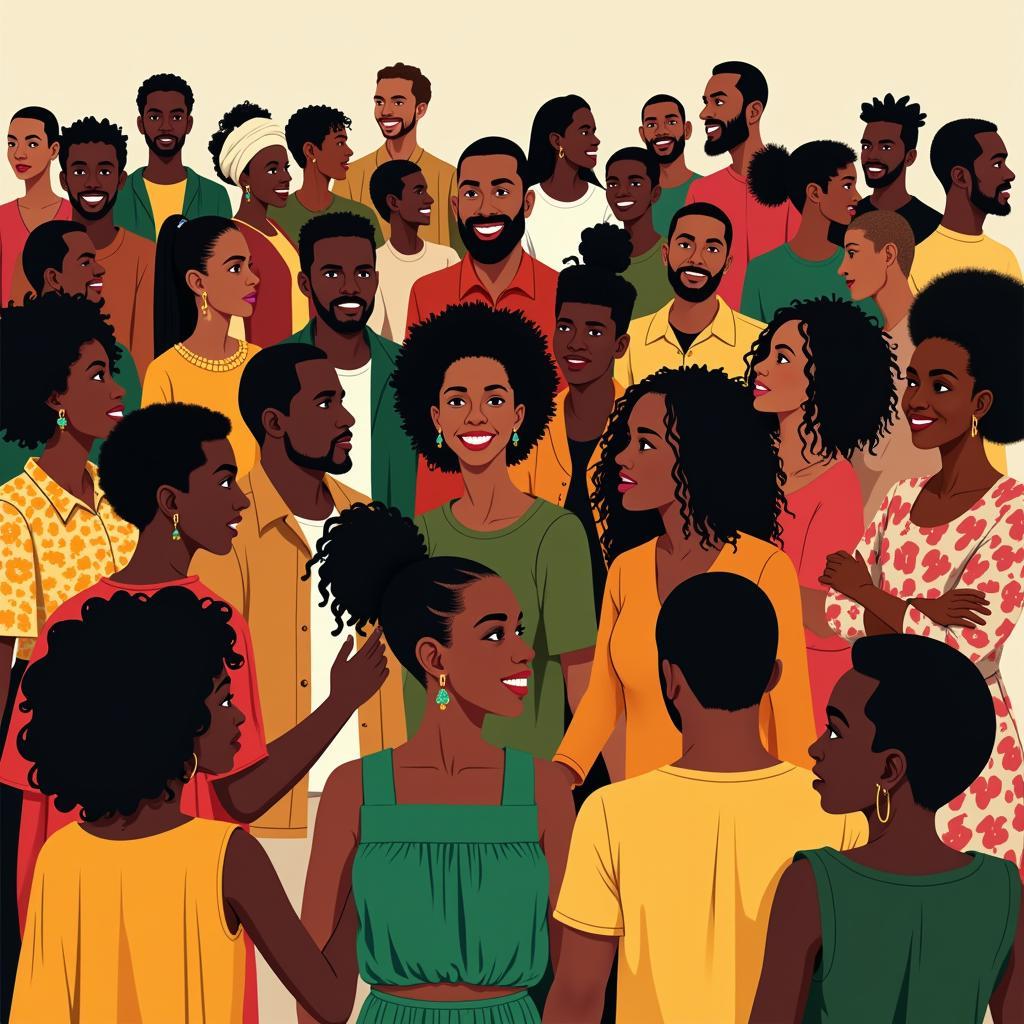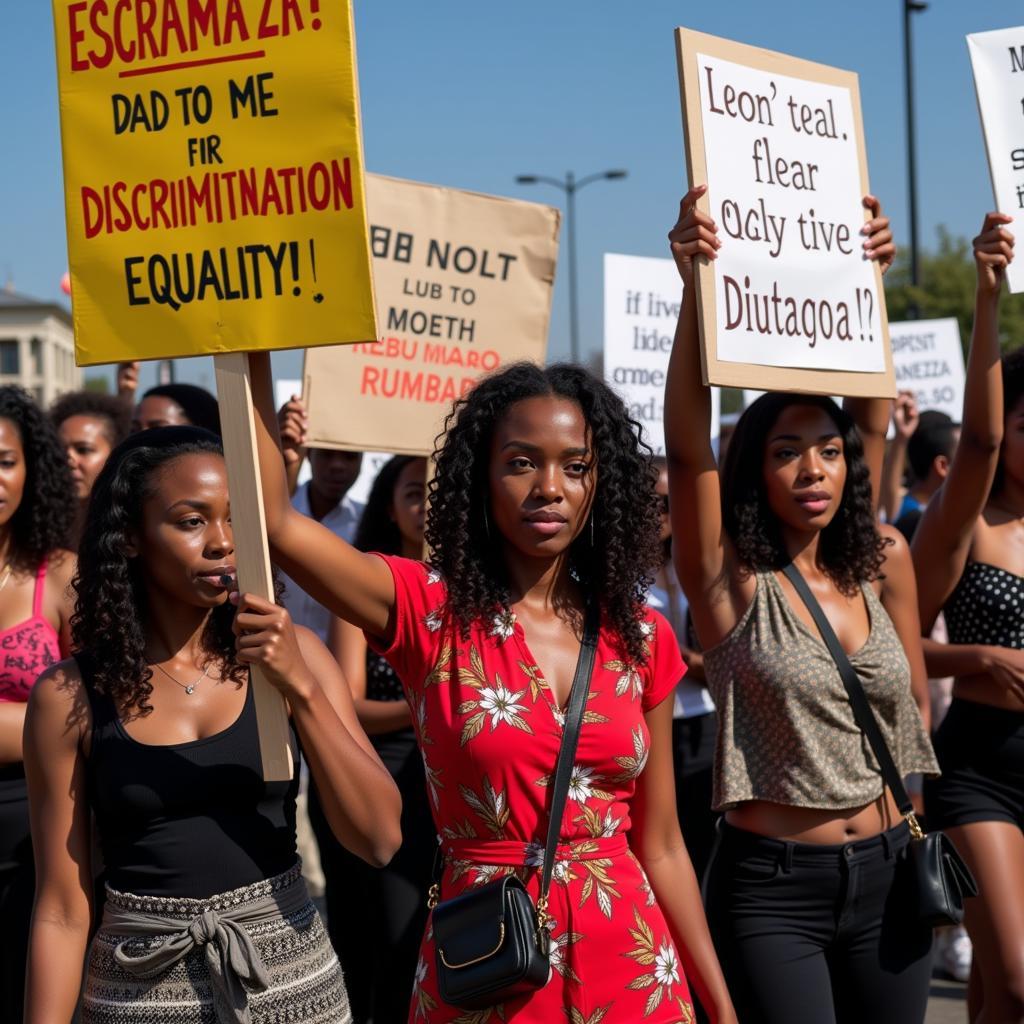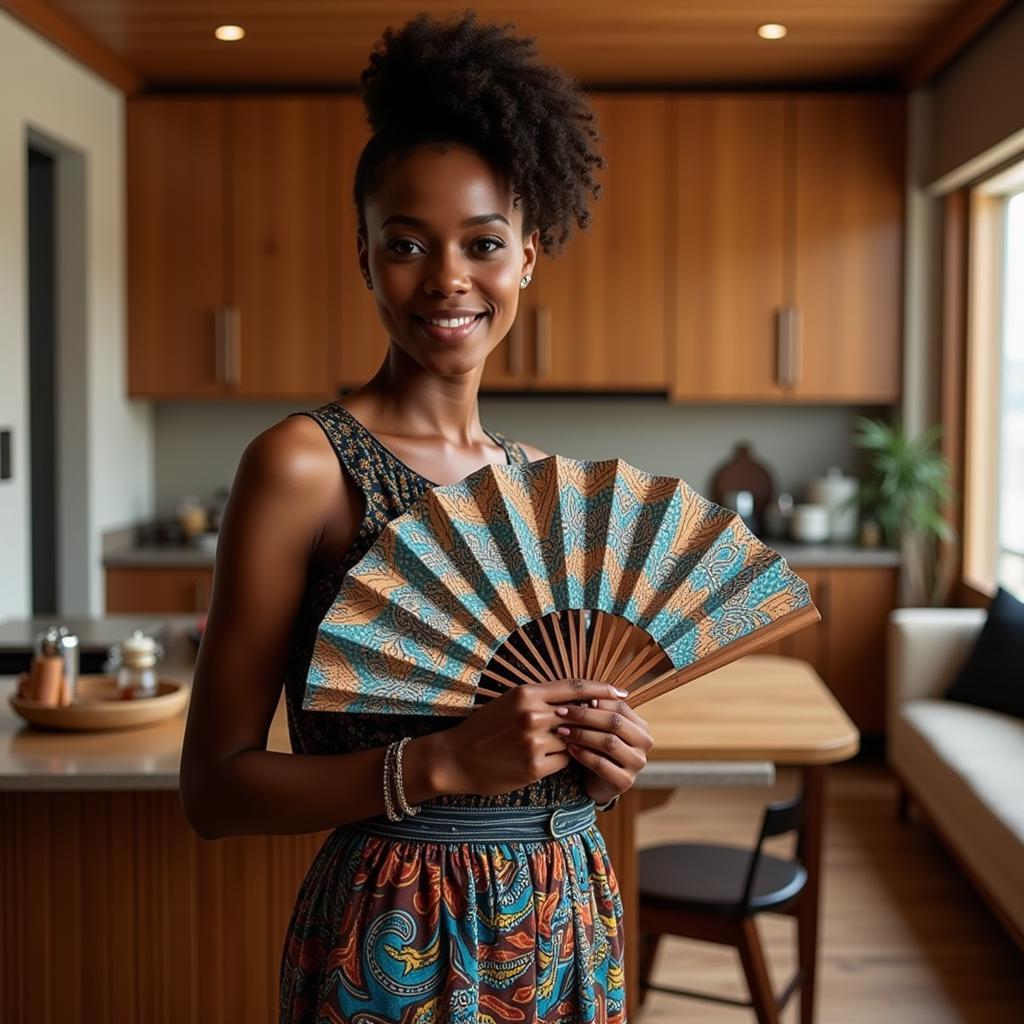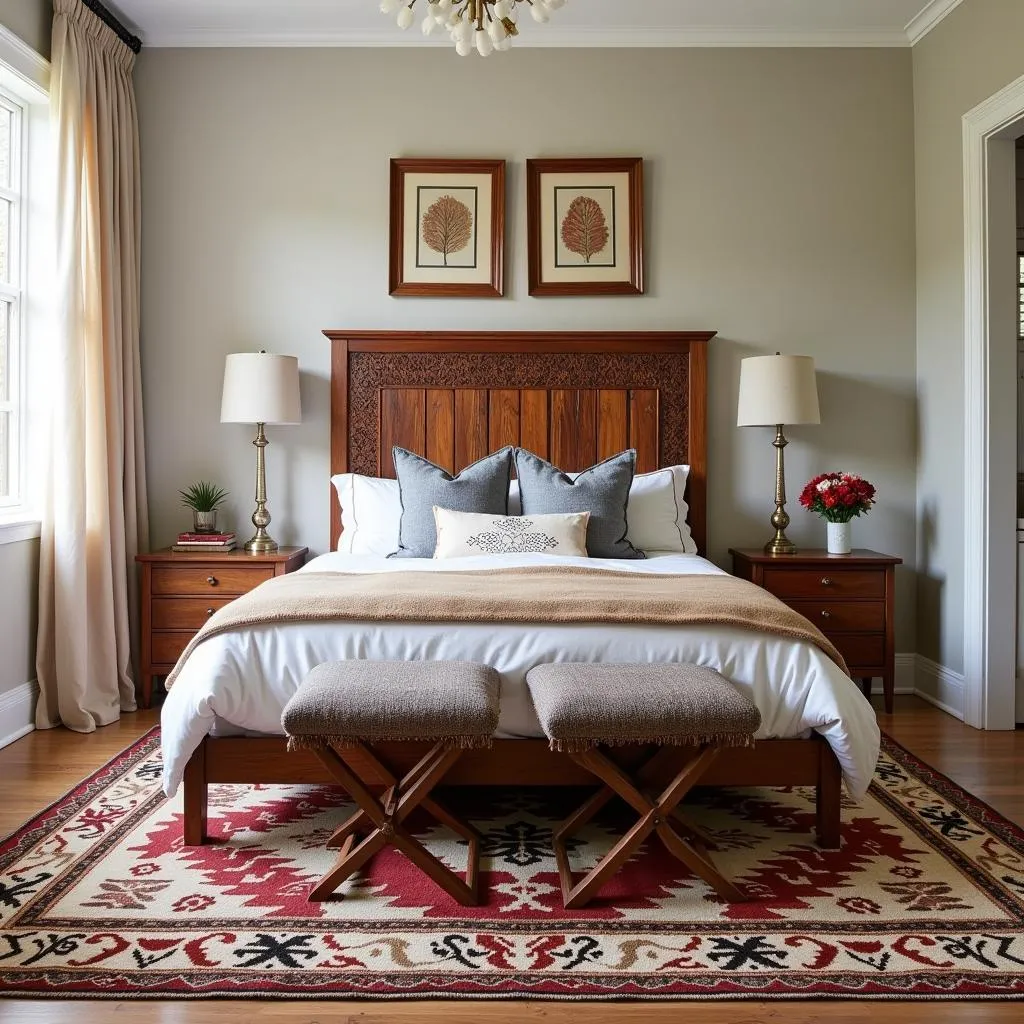Unveiling the African Hijra: Identity, Culture, and Challenges
The term “African Hijra” often evokes curiosity and, at times, confusion. While the term “hijra” is widely recognized in South Asia, its application within the diverse tapestry of Africa requires a nuanced understanding. This article delves into the intricate world of individuals who identify as hijra within different African societies, exploring their unique experiences, cultural significance, and the challenges they face.
Navigating Identity: Beyond Binary Definitions
Unlike the more established understanding of hijra in South Asia, where it often refers to transgender women or individuals assigned male at birth who identify with femininity, the term “African Hijra” encompasses a broader spectrum of gender identities and expressions. This can include individuals who identify as:
- Transgender: People whose gender identity differs from the sex they were assigned at birth.
- Gender Non-Conforming: Individuals who do not conform to societal expectations of gender expression.
- Intersex: People born with sex characteristics that fall outside typical binary notions of male or female.
It’s crucial to recognize that the African continent houses a diverse range of cultures, each with its own understanding and acceptance of gender fluidity. Therefore, the experiences and labels used to describe individuals who identify as hijra vary significantly across different regions and communities.
 African Hijra Community Gathering
African Hijra Community Gathering
Cultural Significance: Embracing Fluidity and Tradition
In many African societies, pre-colonial traditions acknowledged and respected individuals who defied rigid gender binaries. These individuals often held specific roles within their communities, acting as spiritual leaders, healers, or mediators. However, the influence of colonialism and the imposition of Western norms led to the suppression and stigmatization of diverse gender identities.
Despite these historical challenges, pockets of African cultures continue to celebrate gender fluidity. For example, in some communities, individuals who identify as hijra are revered for their spiritual connection and ability to transcend traditional boundaries.
Challenges and Triumphs: Navigating a Complex Landscape
While progress has been made in recent years, African hijra communities continue to face significant challenges, including:
- Discrimination and Violence: Hijra individuals are often subjected to verbal, physical, and sexual violence due to societal prejudices and lack of legal protection.
- Access to Healthcare: Many face barriers to accessing appropriate healthcare, including hormone therapy and gender-affirming surgeries.
- Legal Recognition: The lack of legal recognition for diverse gender identities poses challenges related to employment, education, and social inclusion.
Despite these obstacles, African hijra individuals and communities demonstrate incredible resilience and strength. They are actively engaged in advocating for their rights, challenging societal norms, and creating spaces of acceptance and celebration.
 African Hijra Rights Activists
African Hijra Rights Activists
Moving Forward: Fostering Understanding and Inclusion
Creating a more inclusive and equitable future for African hijra individuals requires a multi-faceted approach:
- Raising Awareness: Educating the public about diverse gender identities and combating harmful stereotypes is essential.
- Legal Reforms: Governments must enact laws that protect the rights of all individuals, regardless of their gender identity or expression.
- Empowerment and Support: Providing access to education, employment, healthcare, and social services is crucial for empowering hijra individuals.
By fostering understanding, respect, and acceptance, we can create a world where all individuals, including those who identify as hijra, can live authentically and thrive.
FAQs about African Hijra
1. Is the term “hijra” universally accepted within African LGBTQ+ communities?
No, the term “hijra” may not be universally recognized or used within all African LGBTQ+ communities. Different regions and cultures have their own terminologies and understandings of gender identity and expression.
2. What are some of the cultural practices that celebrate gender fluidity in Africa?
Specific cultural practices vary widely across Africa. However, some communities have traditional roles for individuals who identify outside the gender binary, such as spiritual leaders, healers, or mediators.
3. How can I support African hijra communities?
You can support African hijra communities by educating yourself and others about their experiences, advocating for their rights, and supporting organizations working to improve their lives.
Need More Information?
For further assistance or information, please contact:
Phone Number: +255768904061
Email: [email protected]
Address: Mbarali DC Mawindi, Kangaga, Tanzania
Our dedicated team is available 24/7 to assist you.

